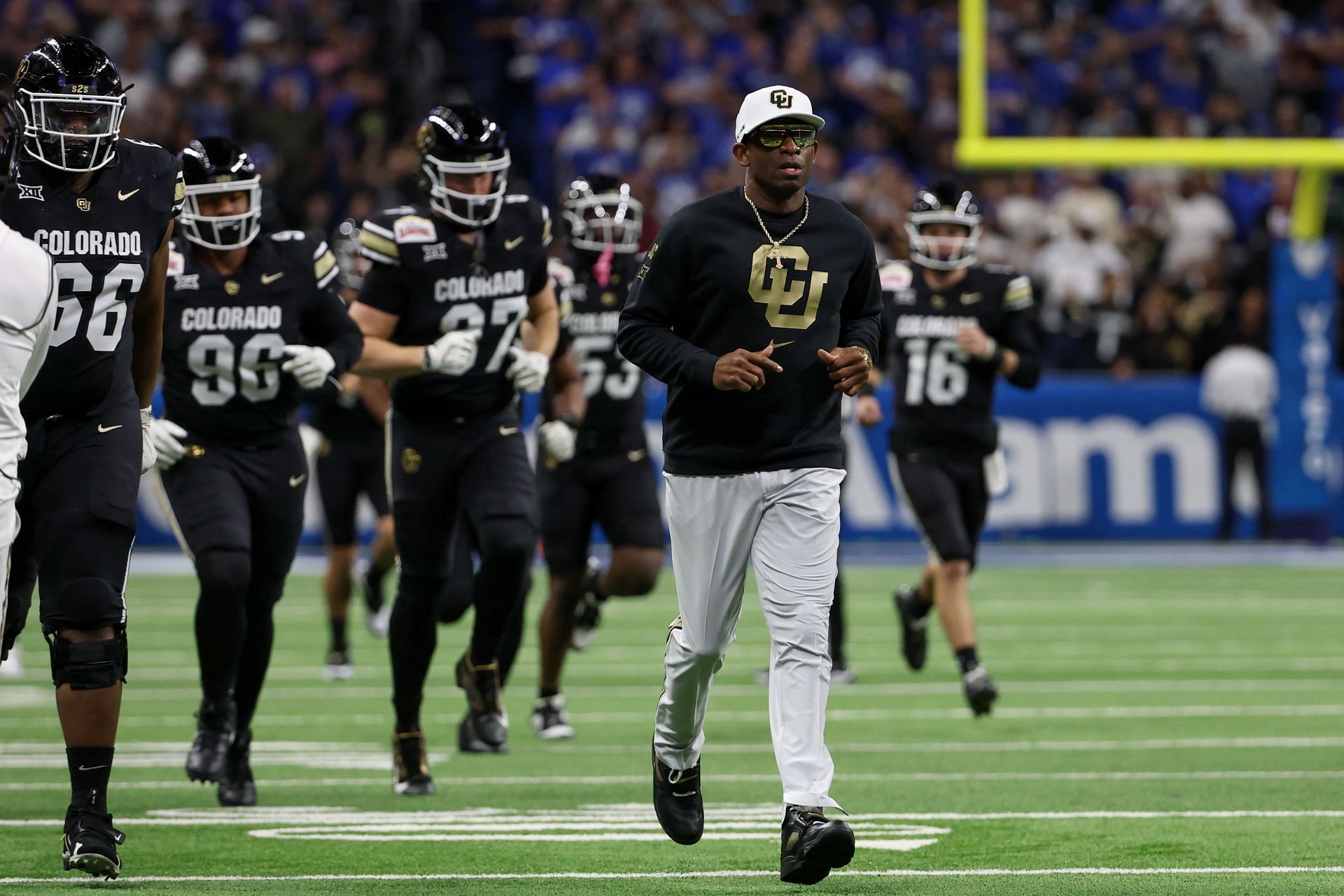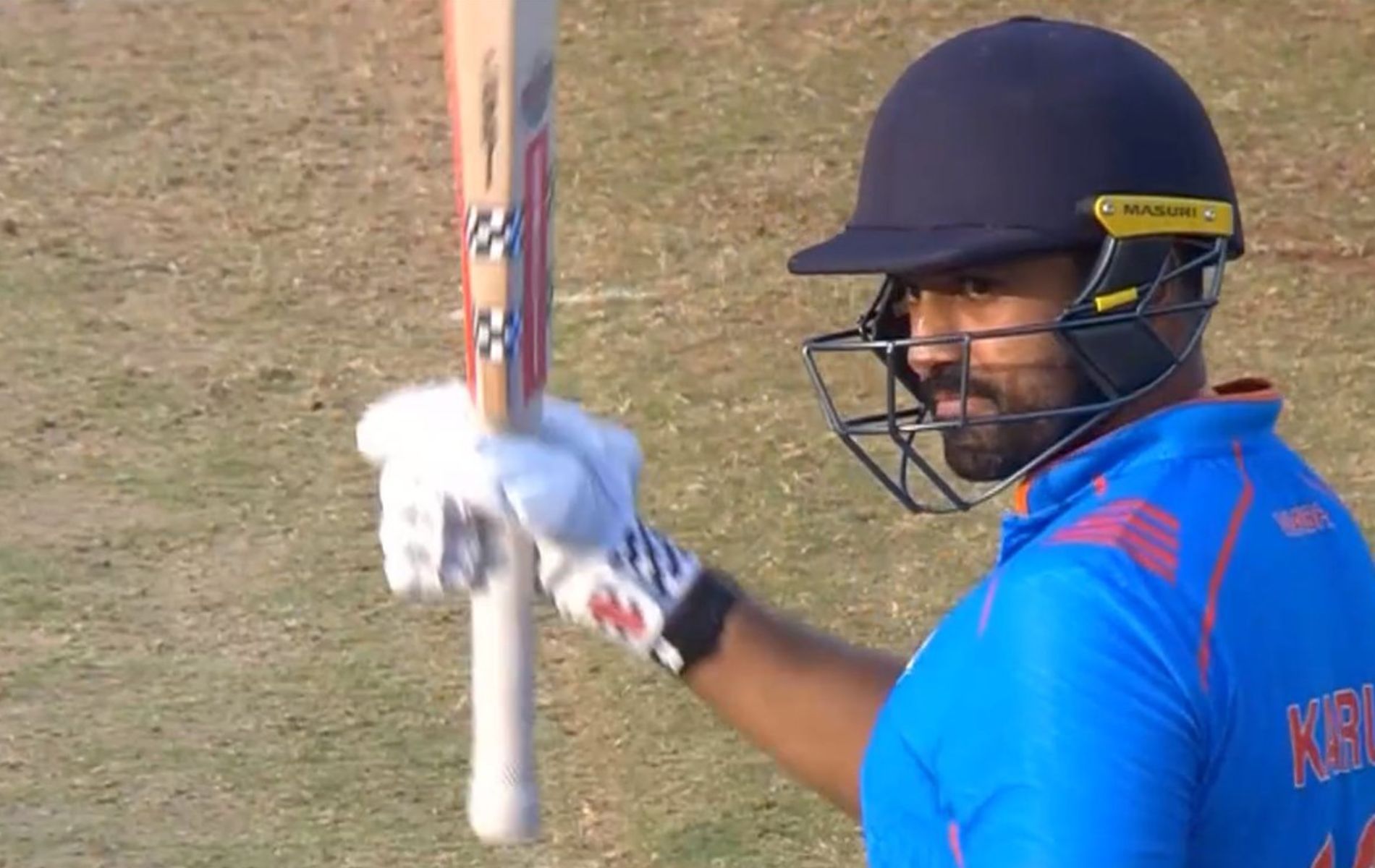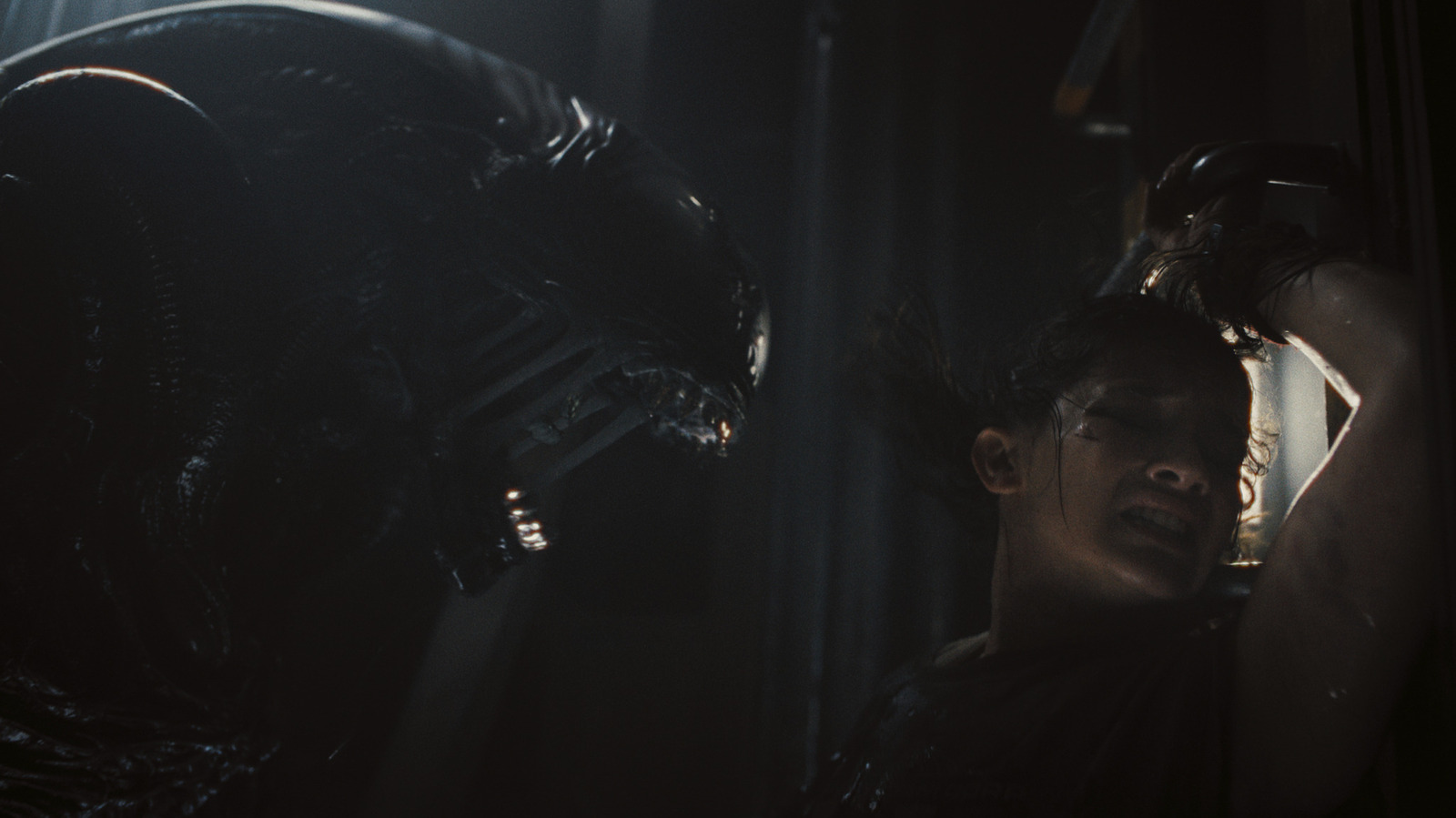
Colorado is the latest Power Four school to sever ties with its official NIL collective. This decision comes as athletic departments across the country brace for the implications of the forthcoming House v. NCAA settlement, expected to be finalized later this year.
“We are restructuring our NIL procedures in order to be prepared for the changes to come,” Colorado athletic director Rick George wrote in an email to fans on Monday morning.
This is coming after a season that saw the Buffaloes rise back to prominence in the college football landscape. Under the leadership of Deion Sanders, the team ended 2024 with a 9-4 record, narrowly missing out on the Big 12 championship game and making its first bowl game in a full season since 2016.
•
![]()
The development is bound to help Colorado in building a more stable program with significant financial injection. With Sanders in charge and a solid revenue-sharing formula, fans can expect the program to stay competitive over the next couple of years.
How much will Colorado be able to distribute to athletes?
The groundbreaking House v. NCAA settlement ushers in a transformative era for college athletics. When finally ratified and operational, it will enable schools to directly compensate athletes through revenue-sharing, with a maximum annual cap of $22 million spanning all sports programs.
Additionally, athletes retain their ability to generate income through NIL deals. Schools may also continue partnering with collectives to distribute funds that exceed the stated $22 million cap. Together, these measures promise to reshape the financial landscape of college sports.
This landmark decision represents a departure from traditional restrictions, allowing players to receive payments directly from their institutions — something previously prohibited. Rick George believes the development will be advantageous to Colorado for many reasons.
“I feel these changes will not only keep CU the gold standard in student-athlete support but also make it easier for fans like you to invest in our student-athletes at a time when it is most crucial,” George wrote.
George’s email on Monday provided new guidance for donors interested in supporting Colorado athletics financially amid the operational transition. Donors are now encouraged to contribute directly to the Buff Club’s AD Excellence Fund or Sport Excellence Fund.
These new channels make dealing with third-party collectives, such as the 5430 Alliance, unnecessary, streamlining the process for those looking to invest in the program’s future. It also gives the athletic department a good level of control over athlete compensation, ensuring some ease and stability across the board.
Edited by Joseph Schiefelbein




